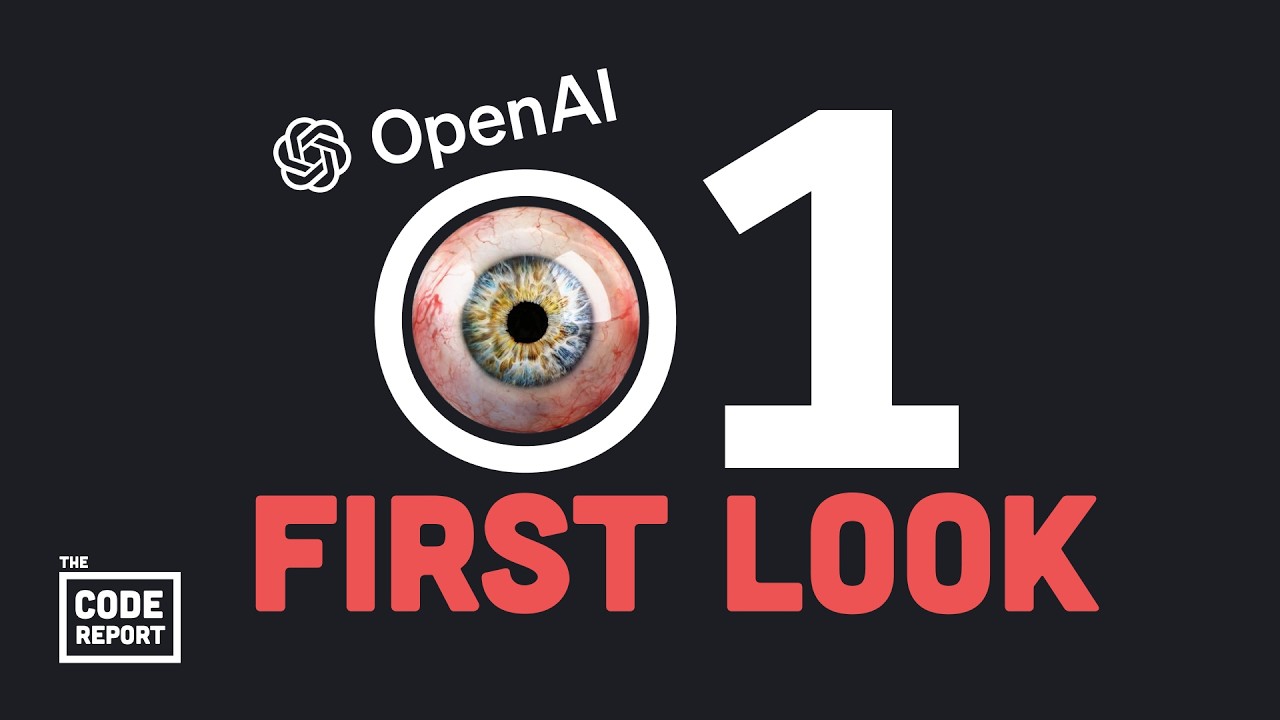OpenAI’s new “01” model has demonstrated significant advancements in coding and reasoning benchmarks, outperforming its predecessor, GPT-4, and raising concerns about job security among software engineers. While it shows impressive capabilities, particularly in coding, it still has limitations and is not yet a fully reliable tool, indicating that it represents an evolution rather than a revolutionary breakthrough in AI technology.
OpenAI recently unveiled its new model, referred to as “01,” which has generated significant buzz due to its impressive performance on various coding and reasoning benchmarks. Contrary to earlier beliefs that the AI hype might be waning, this model has demonstrated substantial advancements over its predecessor, GPT-4, particularly in areas such as mathematics, coding, and even PhD-level science. Sam Altman, OpenAI’s CEO, emphasized that the company is always ahead of the curve, suggesting that this model could reshape expectations in the AI landscape.
The 01 model has shown remarkable improvements in coding capabilities, achieving a notable rise in performance metrics. For instance, it excelled in the International Olympiad in Informatics, where it went from a low percentile to a gold medal-worthy performance when given ample submissions. This leap in coding proficiency has raised concerns among software engineers about job security, although the model is still not classified as artificial general intelligence (AGI) or artificial superintelligence (ASI).
OpenAI has introduced three variations of the 01 model: 01 mini, 01 preview, and 01 regular, with the latter being restricted for now. The models utilize reinforcement learning to enhance their reasoning abilities, allowing them to produce a chain of thought before arriving at a conclusion. This process generates “reasoning tokens,” which help the model refine its answers and reduce errors, although it requires more computational resources and time.
Despite the excitement surrounding the model, there are caveats. The 01 model is not infallible; it still struggles with certain tasks, such as accurately counting letters in a word. While it can produce complex solutions, the results can sometimes be buggy or flawed, as demonstrated in a coding example where the generated game had significant issues. This indicates that while the model has potential, it is not yet a fully reliable tool.
In conclusion, while the 01 model represents a significant step forward in AI capabilities, it is essential to temper expectations. It is not a revolutionary breakthrough but rather an evolution of existing technology, enhancing the ability to reason and solve problems. As the AI landscape continues to evolve, the implications for various industries, including software engineering, remain to be seen, and ongoing discussions about regulation and ethical considerations are likely to shape its future development.
